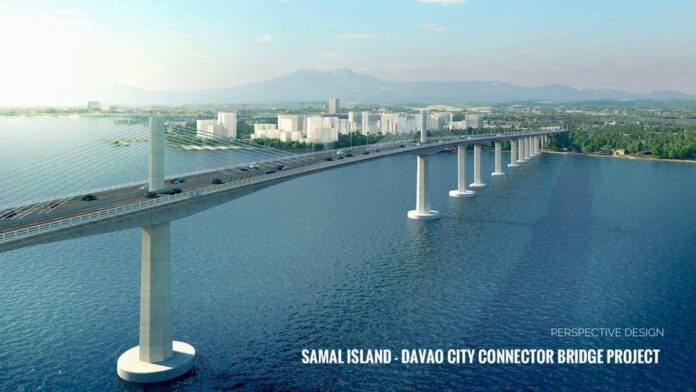The Supreme Court has issued a Writ of Kalikasan against the ongoing Samal Island–Davao City Connector Bridge (SIDC) project, signaling a critical legal and environmental challenge to the P23.52 billion infrastructure initiative. The writ, a powerful legal remedy for environmental protection, was granted following a petition citing “irreversible damage” to marine ecosystems—particularly the Paradise Reef and Hizon Marine Protected Area—allegedly caused by the project’s offshore construction activities.
In response, the Department of Environment and Natural Resources (DENR), one of five government agencies named in the writ, has assured full cooperation. Through its Davao Regional Office, the agency pledged to submit “accurate, complete, and science-based” information to aid the Court within the mandatory 10-day deadline.
“We reaffirm our commitment to uphold environmental laws and promote development that is both sustainable and environmentally responsible,” the DENR said in a statement issued Wednesday, emphasizing its regulatory role.
Also named in the writ are the Department of Public Works and Highways (DPWH), the Samal Island Protected Landscape and Seascape Protected Area Management Board, and China Road and Bridge Corporation, the project’s contractor. China is funding P19 billion of the project cost through a loan.
The petitioners allege that construction has already damaged 600 meters of coral reef in Paradise Reef, home to 70 percent hard rock coral coverage, citing violations of the Expanded National Integrated Protected Areas System Act, the Wildlife Resources Conservation and Protection Act, and Davao City’s Comprehensive Land Use Plan.
The case may set a significant legal precedent for how large-scale infrastructure projects are assessed for environmental compliance, particularly those involving ecologically sensitive marine areas.







